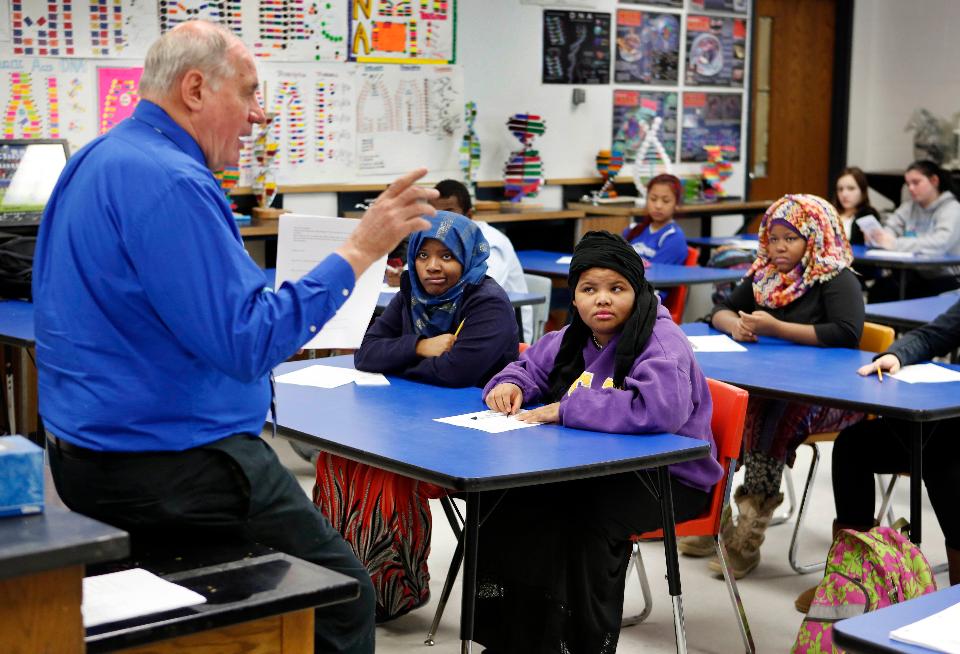
RNA - Two days after the election, in the former mill town of Lewiston, Maine, 22-year-old Jamilo dropped off her kids with the babysitter then walked to her job as a fuel-assistance certifier. At noon she left to go home and cook chicken for lunch. As she was stepping into a crosswalk, a motorist sped past, shouting at her to remove her hijab.
"I’m terrified," Jamilo texted me an hour after it happened. A day earlier, when people were reeling from the election, she’d sent another message: "God Bless America! I still love this country!"
As anti-Muslim incidents mount in Lewiston and around the nation, there’s fear and confusion and a palpable sense of taking stock among the town's Somali residents. Community leader Abdikadir Negeye has been getting calls and texts. "I am leaving out this country with my children," read one. "Good luck to you guys with Trump."
This small city had better hope its Somalis don’t exit en masse. So should other U.S. municipalities where Muslim refugees have moved to forge new lives. Places like Lewiston need the newcomers to keep putting down roots. To stay.
Before the first Somali Muslims arrived in 2001, Lewiston was just one more post-industrial city in slow fade. Now, as Maine’s leaders lament the aging of the state, Muslims in Lewiston work in healthcare, retail and financial services. One in five children in the public schools is Muslim. This city of 36,000 needs the energy and the perspectives of these more than 4,000 mostly young people. If they leave, the void will be deep.
847/940